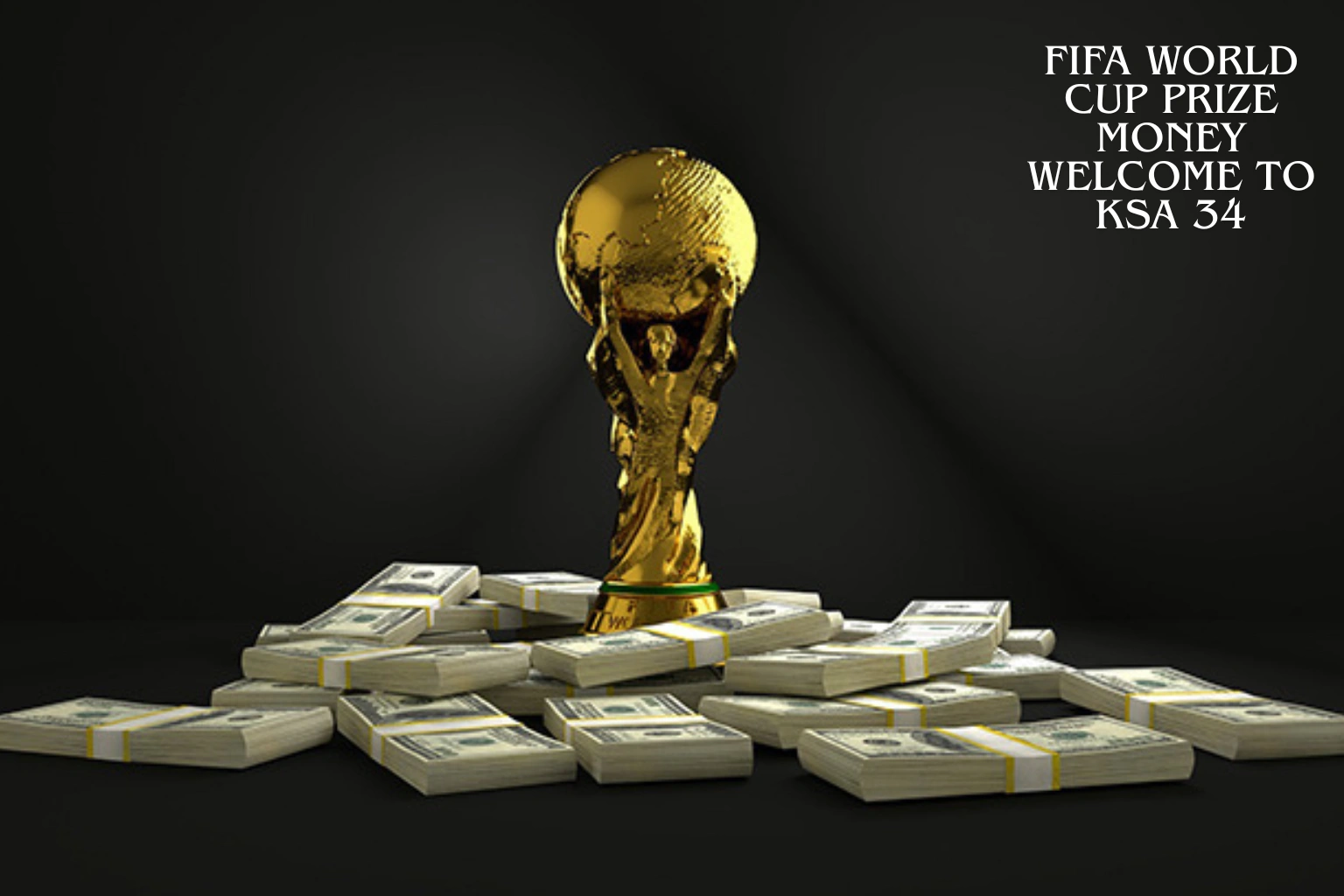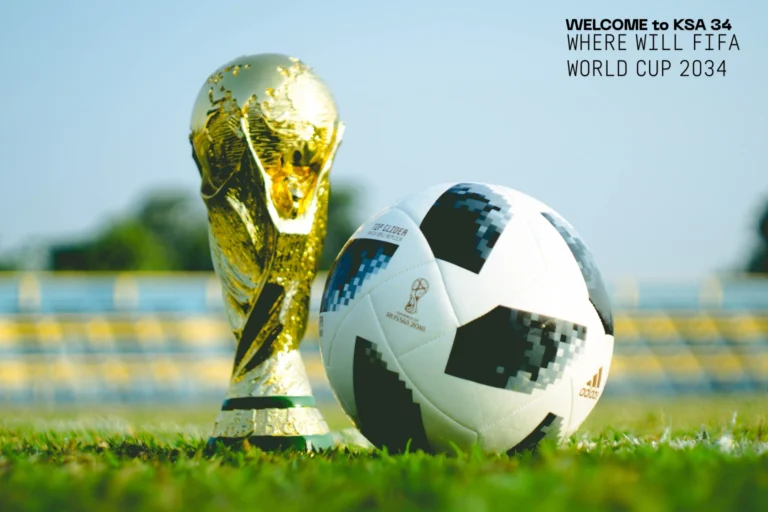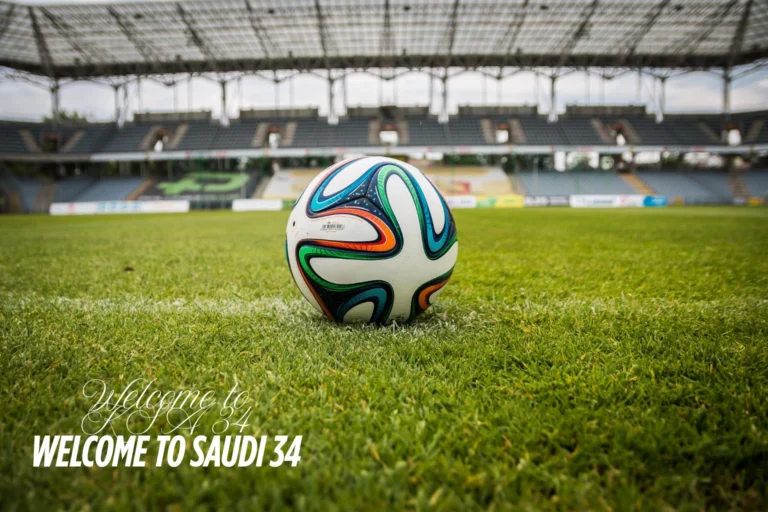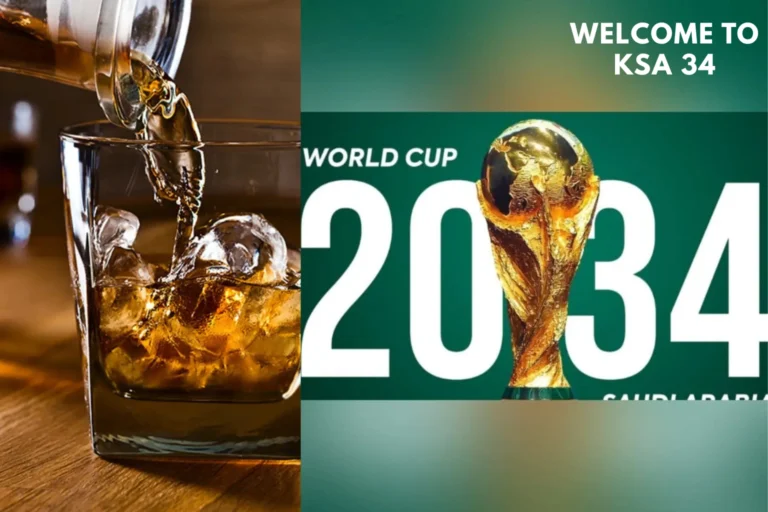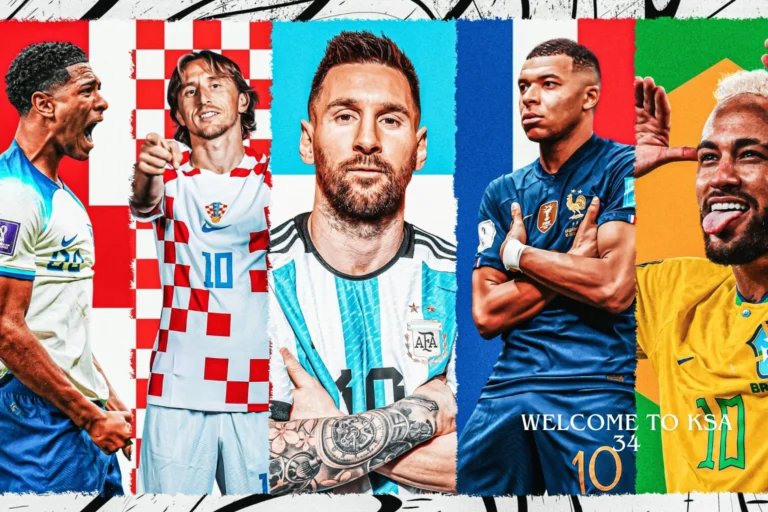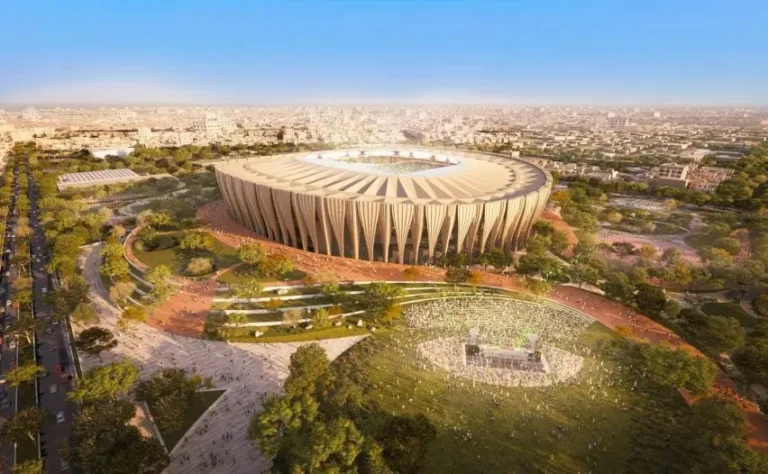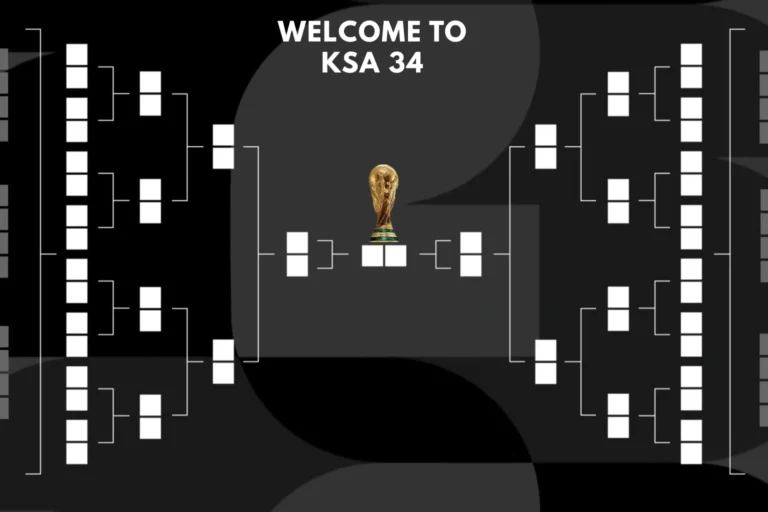FIFA World Cup Prize Money: More Than Just a Trophy
The FIFA World Cup is the most-watched sporting event on earth. Every four years, billions tune in not just to see who will lift the golden trophy, but also to witness the dreams, drama, and glory that only this tournament can deliver. Yet behind the roar of the crowd and the tears of triumph lies another powerful motivator—FIFA World Cup Prize Money.
What began as a modest financial reward has grown into hundreds of millions of dollars, reflecting the tournament’s immense global reach and commercial value. Today, winning the World Cup is not only about national pride—it’s also about economic opportunity and legacy.
The Trophy and the Real Prize
When a team wins the World Cup, they’re handed a replica of the iconic trophy to keep. The original FIFA World Cup Trophy never leaves FIFA’s possession. But while the replica becomes a symbol of immortality, the real prize is the financial reward that follows.
- In 2022, Argentina earned $42 million for winning in Qatar.
- Even teams that finished last in the group stage received $9 million each.
- By contrast, in 1982, the World Cup winner received just $2.2 million.
This stunning growth highlights how football has transformed into a global economic giant.
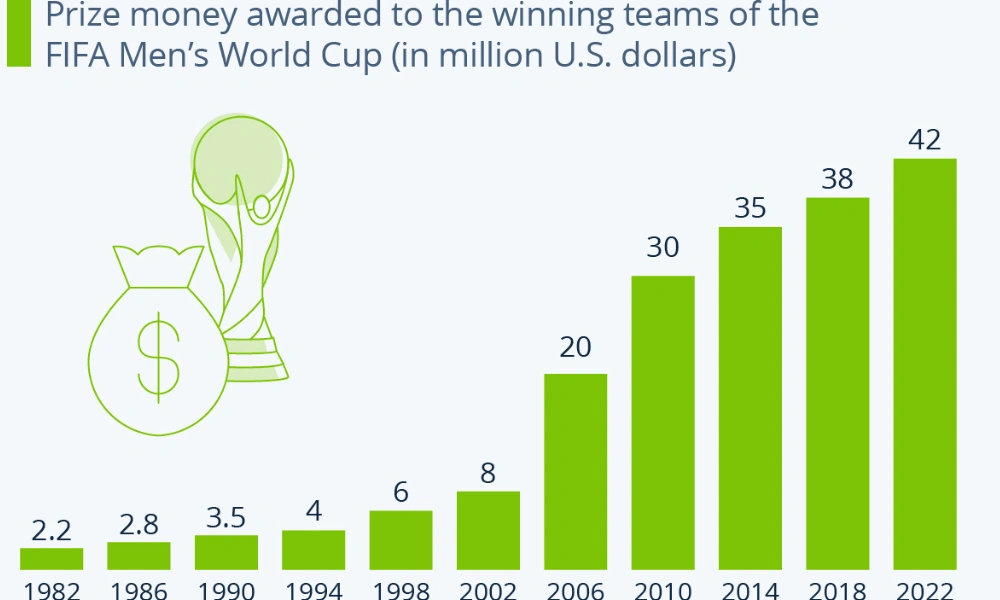
Evolution of Prize Money
Here’s how FIFA World Cup Prize Money has changed over recent tournaments:
| Year | Winner | Runner-Up | Third Place | Fourth | Quarter-Finalists (each) | Round of 16 (each) | Group Stage (each) |
| 2022 | $42M | $30M | $27M | $25M | $17M | $13M | $9M |
| 2018 | $38M | $28M | $24M | $22M | $16M | $12M | $8M |
| 2014 | $35M | $25M | $22M | $20M | $14M | $9M | $8M |
| 2010 | $30M | $24M | $20M | $18M | $14M | $9M | $8M |
| 2006 | ~US$21.5M | ~US$20M | ~US$19M | ~US$19M | $11.5M | $8.5M | $7M |
Highlights
- The winner’s prize doubled between 2006 and 2022.
- The group stage payout in 2022 ($9M) was greater than what winners received in 2010 ($8M).
- Since 2010, FIFA has also paid $1M to each team for preparation costs, showing commitment to fairness.
Where the Money Goes
It’s important to note: FIFA pays the money to national federations, not directly to players.
What happens next depends on the federation. Some distribute it fairly among players, coaches, and staff. Others use it for infrastructure, training facilities, and grassroots development.
For the players, the World Cup is also a career jackpot:
- Winning boosts their market value in the transfer market.
- Star performers secure lucrative endorsements.
- Even newcomers who shine can earn life-changing contracts after the tournament.
In short, FIFA World Cup Prize Money is just the beginning—the ripple effects are far greater.
The Bigger Picture
The soaring prize pool tells us three things about modern football:
- Global Reach – With over 5 billion viewers in 2022, the World Cup is bigger than any other sporting event.
- Commercial Power – Sponsorships, media rights, and advertising have made FIFA one of the wealthiest organizations in sport.
- National Impact – Even teams knocked out early benefit financially, often investing millions back into youth development and domestic leagues.
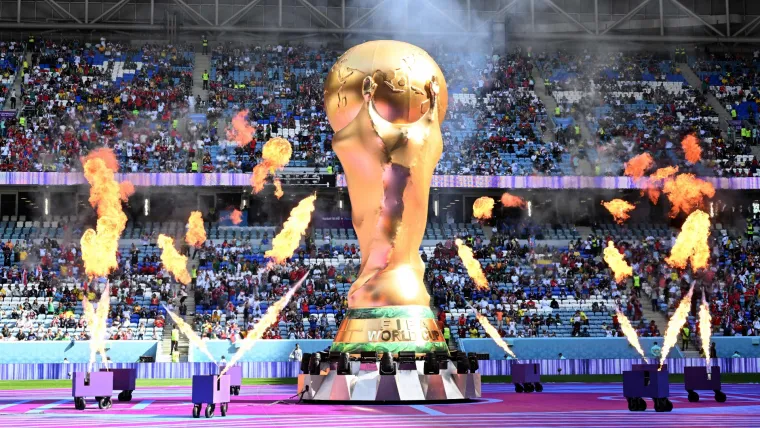
More Than Money
Still, despite the massive sums, players often say the glory outweighs the cash. Lionel Messi, Kylian Mbappé, or Pelé would tell you: the money fades, but the immortality of lifting the World Cup lasts forever.
Prize money fuels the game’s growth, but in the end, the World Cup remains what it has always been—the ultimate battle for pride, history, and a place in football’s eternal story.
Final Word
The FIFA World Cup prize money has grown from small beginnings into a financial empire.
But while dollars and contracts matter, the real treasure is becoming a legend for your country.
FAQs About FIFA World Cup Prize Money
- How much prize money did the winning team receive in the 2022 FIFA World Cup?
The winning team, Argentina, received $42 million in prize money for winning the 2022 World Cup in Qatar. - How has FIFA World Cup prize money evolved over the years?
Prize money has grown significantly, from $2.2 million for the winner in 1982 to $42 million in 2022, reflecting the tournament’s growing global commercial value. - Do players receive the FIFA World Cup prize money directly?
No, FIFA pays the prize money to national football federations, which then decide how to distribute the funds among players, coaches, staff, or invest in football infrastructure and development. - What other benefits do players gain from participating in the World Cup besides prize money?
Players often increase their market value in the transfer market, secure lucrative endorsements, and may sign life-changing contracts after showcasing their talent at the tournament. - What does the increasing prize money indicate about modern football?
It highlights the World Cup’s global reach with billions of viewers, FIFA’s commercial power through sponsorships and media rights, and the national financial impact even on teams eliminated early, many of which reinvest in youth development and domestic leagues.

